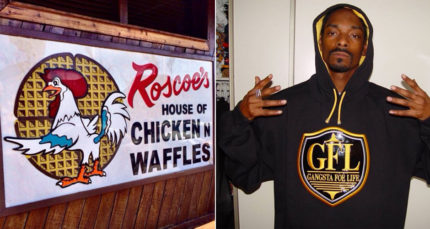A city in turmoil, amid the largest bankruptcy in U.S. history, is going to the polls today, with 16 mayoral candidates competing in a primary election that observers expect to draw a depressingly low turnout of less than 20 percent of the electorate.
The primary is to determine which two candidates will advance to the general election in November. There are also more than 50 people vying for nine seats on the City Council of this battered, maligned city of 700,000 with $18 billion in longterm debt obligation.
The bankruptcy filing last month begins a long, painful odyssey for the city, which in the 1950s was actually the fourth-largest in the country with nearly 2 million inhabitants, but which has seen its population plummet. Middle-class residents — black and white —escaped to the suburbs to flee the city’s rising crime and deteriorating basic services.
One of the populations with the most at stake are retirees, whose pensions may be on the line now as the city begins the arduous process of negotiating with creditors.
The current mayor, Dave Bing, announced in May that he would not seek re-election and more than half of the current City Council members decided not to run again.
The voter turnout in the last mayoral primary in 2009 was just 17 percent, which the city’s Department of Elections is estimating will be the turnout this time. But some observers think it will be even lower as many residents will stay home because they are discouraged and hopeless over the city’s doldrums, particularly since elected leaders have little clout.
“We will emerge from this,” Sheriff Benny Napoleon of Wayne County, who is running for mayor, said in an interview last week. “We aren’t going to poof and disappear, and that leadership should be leadership that understands this community, who understands the challenges, who understands what it’s like to have an abandoned house next door to them.”
Napoleon, a former Detroit police chief, is considered a favorite to advance to the general election. Another favorite is Mike Duggan, a former chief executive of the Detroit Medical Center, who had to run as a write-in candidate because of a filing mistake.
Duggan, an early front-runner who moved from a nearby suburb to run for mayor, was determined ineligible to appear on the ballot last month after courts said he submitted election petitions two weeks before meeting the residency requirement. And he faces an additional challenge: a local barber with a similar name, Mike Dugeon, also filed as a write-in candidate, raising doubts about any ballots on which Duggan’s name is slightly misspelled.
“If we squeak through into second place, that would be a remarkable accomplishment,” said Duggan, who raised more than $1.2 million for his campaign, twice as much as Napoleon, and who got the editorial board endorsements from both major city newspapers.


